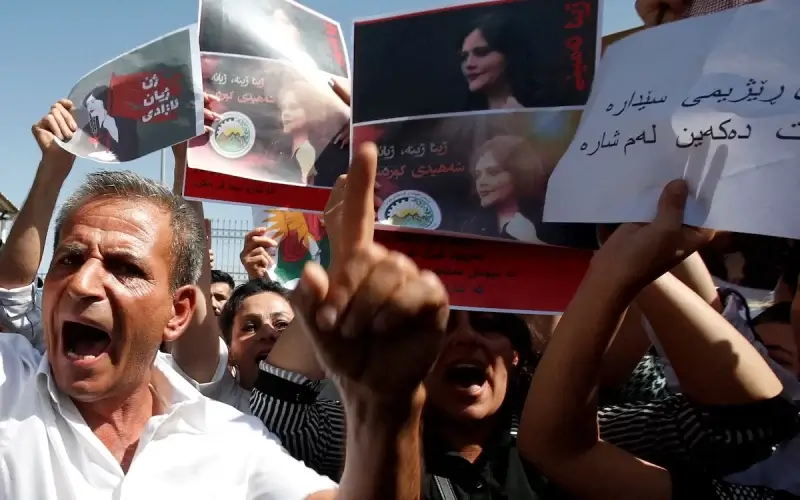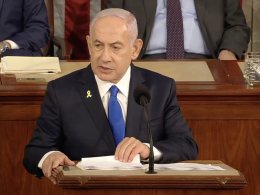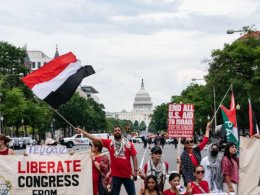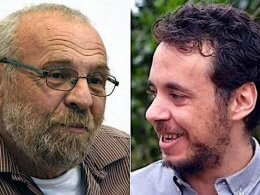By All Arab News Staff | September 25, 2022
Protests continue to spread across Iran, a week after 22-year-old Mahsa Amini was beaten to death by Iranian “morality” police for not wearing her hijab, or headscarf, according to the Islamic Republic’s strict regulations.
Videos of Iranian women removing their hijabs and cutting their hair have spread on social media, including one video of an elderly woman walking through the northern Iranian city of Rasht holding her hijab in one hand while chanting “Death to Khamenei.”
According to Iranian state TV, at least 35 people have been killed so far since the protests broke out, but the Oslo-based Iran Human Rights organization said that at least 50 people have been killed.
Footage shared by the organization shows a uniformed member of the Iranian security forces using an AK-47 assault rifle on unarmed protesters in Tehran’s Ferdowsi Avenue.
Amnesty International reported collecting evidence from 20 cities and 10 provinces across Iran showing “a harrowing pattern of Iranian security forces deliberately and unlawfully firing live ammunition at protesters.”
Amnesty said that on Wednesday alone, Iranian security forces shot and killed 19 people, including three children.
“Amnesty International has reviewed photos and videos showing deceased victims with horrifying wounds in their heads, chests and stomachs,” the organization said in a statement.
Amnesty International on Friday cited “risk of further bloodshed amid a deliberately imposed internet blackout,” while Iranians have reported being prevented from sharing information about the protests on the platforms of social media giants.
“Internet connections are slow, but being restricted by Instagram, WhatsApp and Facebook is something that we are shocked by,” said one Iranian expat, who shared a picture showing Instagram restricting a post by an Iran-based friend that “tags” or links to the protests.
The Iranian authorities’ internet blackout prompted the United States to promise to help expand the range of internet sources and means of access available to Iranians that can be used to evade state surveillance and censorship.
“As courageous Iranians take to the streets to protest the death of Mahsa Amini, the United States is redoubling its support for the free flow of information to the Iranian people,” U.S. Deputy Treasury Secretary Wally Adeyemo said.
U.S. Secretary of State Antony Blinken said the U.S. is taking “a concrete step to provide meaningful support to Iranians demanding that their basic rights be respected.”
“In the face of these steps [by the Islamic regime of Iran], we are going to help make sure the Iranian people are not kept isolated and in the dark,” Blinken said.
According to Iranian activist and journalist Mahsih Alinejad, who is now living in the United States, the Iranian women she has spoken to are furious.
“I feel the anger of people right now through their text messages,” Alinejad told The Associated Press. “They have been ignored for years and years. That is why they are angry.”
“Let me make it clear that Iranian women who are facing guns and bullets right now in the streets, they’re not protesting against compulsory hijab like just a small piece of cloth. Not at all,” she said. “They are protesting against one of the most visible symbols of oppression. They are protesting against the whole regime.”
Iranian President Ebrahim Raisi said that authorities must “deal decisively” with the protests and “those who oppose the country’s security and tranquility.”
The Iranian president canceled an interview with CNN anchor Christiane Amanpour, scheduled during his visit to New York for the United Nations General Assembly, because Amanpour refused to wear a hijab for the conversation.
“This was going to be President Raisi’s first-ever interview on U.S. soil, during his visit to N.Y. for UNGA. After weeks of planning and eight hours of setting up translation equipment, lights and cameras, we were ready. But no sign of President Raisi,” Amanpour tweeted. “40 minutes after the interview had been due to start, an aide came over. The president, he said, was suggesting I wear a headscarf. I pointed out that no previous Iranian president has required this when I have interviewed them outside Iran.
“The aide made it clear that the interview would not happen if I did not wear a headscarf,” Amanpour wrote. “He said it was ‘a matter of respect,’ and referred to ‘the situation in Iran’ – alluding to the protests sweeping the country. I couldn’t agree to this unprecedented and unexpected condition.”










